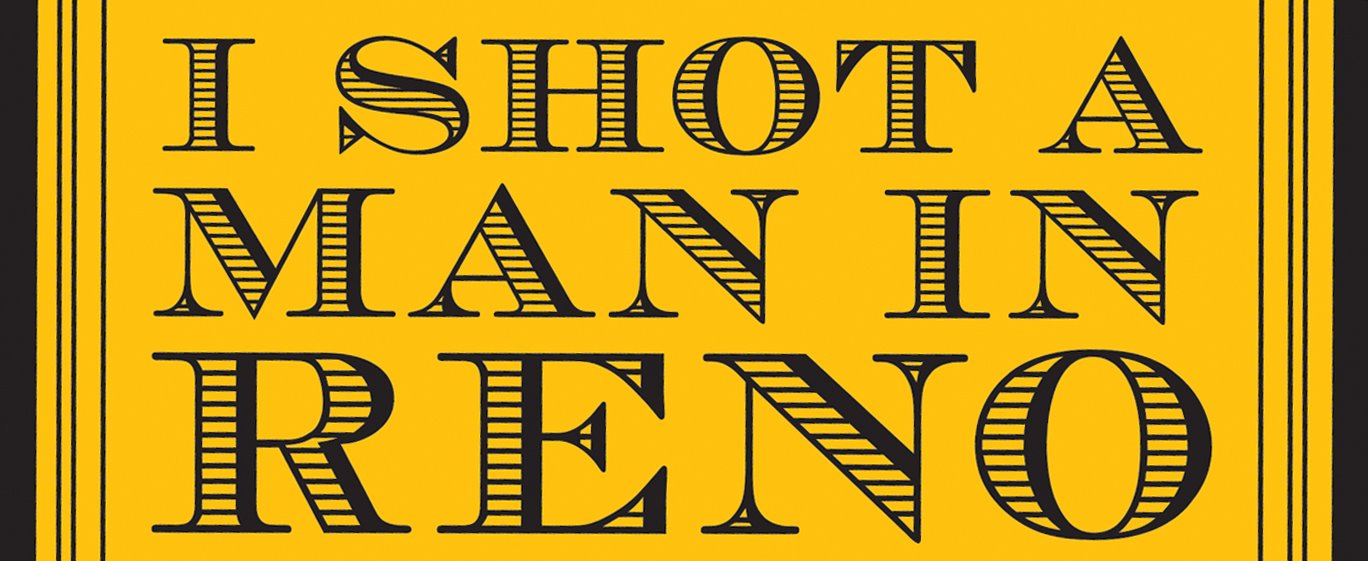 I spoke to Mark Eitzel last night. When it comes to Eitzel and American Music Club, I’m a stark-eyed zealot, so this is a fine opportunity to revisit a piece I wrote for the Guardian last year. He has a new album out next month, called Klamath. It’s beautiful, of course. You can get it here.
I spoke to Mark Eitzel last night. When it comes to Eitzel and American Music Club, I’m a stark-eyed zealot, so this is a fine opportunity to revisit a piece I wrote for the Guardian last year. He has a new album out next month, called Klamath. It’s beautiful, of course. You can get it here.Eitzel is often dismissed as a miserablist. In fact, I notice he’s recently been painted as some kind of ‘emo uncle’, probably by the same people who can only describe Leonard Cohen’s songs as wrist-slitting music. Well, the misery escaped me then and escapes me now. In common with Cohen, I find Eitzel’s music oddly ecstatic and life-affirming: very, very funny; desperately sad; slightly seedy; hopelessly romantic; soft and luxurious; theatrical, camp and utterly self-absorbed. If the world had its head screwed on, he’d be playing Vegas. He certainly knocks Rufus Wainwright into a cocked hat.
Back in 1991 I listened to Songs Of Love every day; far too much for my own good, probably. I still know every last note by heart: every sobbed ‘sorry’, ‘please be happy, baby’ and apologetic guffaw when he fluffs a guitar line. It is one of the few records that never leave me; AMC’s Everclear, their best, is another. My obsession soon lead me to obscure 7-inches called things like "Take Courage: On the Emblematic Use of Jewellery as a Metaphor for the Dissolution of Our Hopes and Dreams" (Sufjan Stevens eat your heart out), until finally a kindly Karl Wallinger look-a-like taped me AMC’s impossible-to-find first album, in return for buying the blank C90 cassette at his record shop. I’m not sure this kind of thing happens anymore.
After a half-hearted tilt at surfing the grunge wave, AMC split in 1994. Eitzel made a number of solo records, including the wonderful 60 Watt Silver Lining, before reforming the band with dignity in 2004. I kept in touch sporadically during that time, mostly via gigs. Watching Eitzel perform is rarely a comfortable experience. The first time I saw him, with AMC, he drank a pint of whisky and came on for the encore with a slice of processed ham stuck to his forehead. Then he screamed at the sound man, threw his microphone away, and perched on the edge of the stage to play "Last Harbour" without amplification. Sublime. Ridiculous. The last time, he was alone in a tiny Edinburgh club and opened with a spellbinding version of Joy Division’s "Heart And Soul".
If you are in Europe and the UK, over the next 5-6 weeks Eitzel will be at a criminally small venue somewhere near you. You should go. No, you must go. Songs Of Love, Everclear, California et al are still available. You should buy them. The fact that this genius is packing his own CDs and sending them out, crossing his fingers that he sells 500 copies to cover costs and FedEx bills, is a shame. He should be celebrated as a bruised and bloodied love poet who plumbs the very depths and scales the very heights of the human condition. Here's one of the reasons why:






